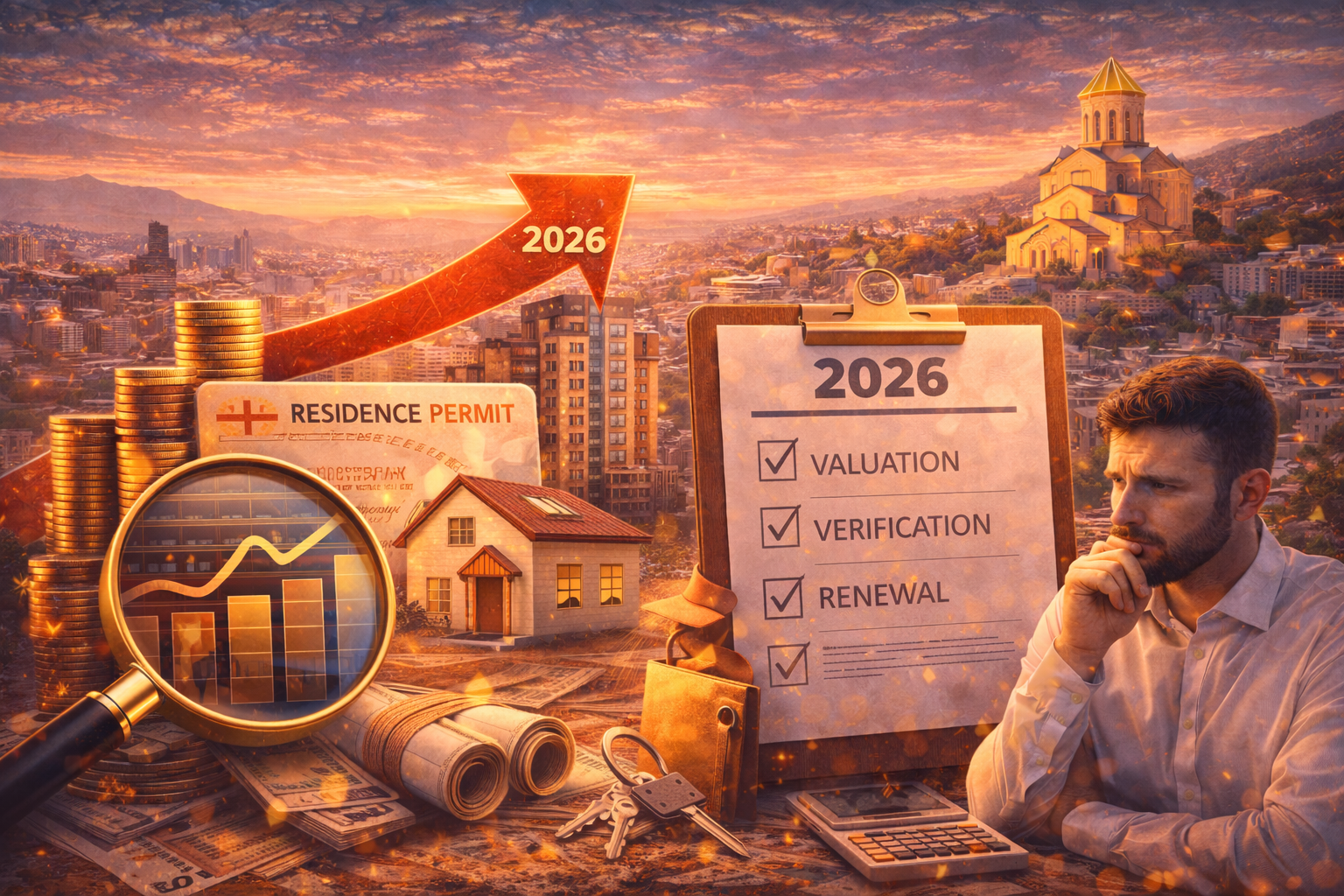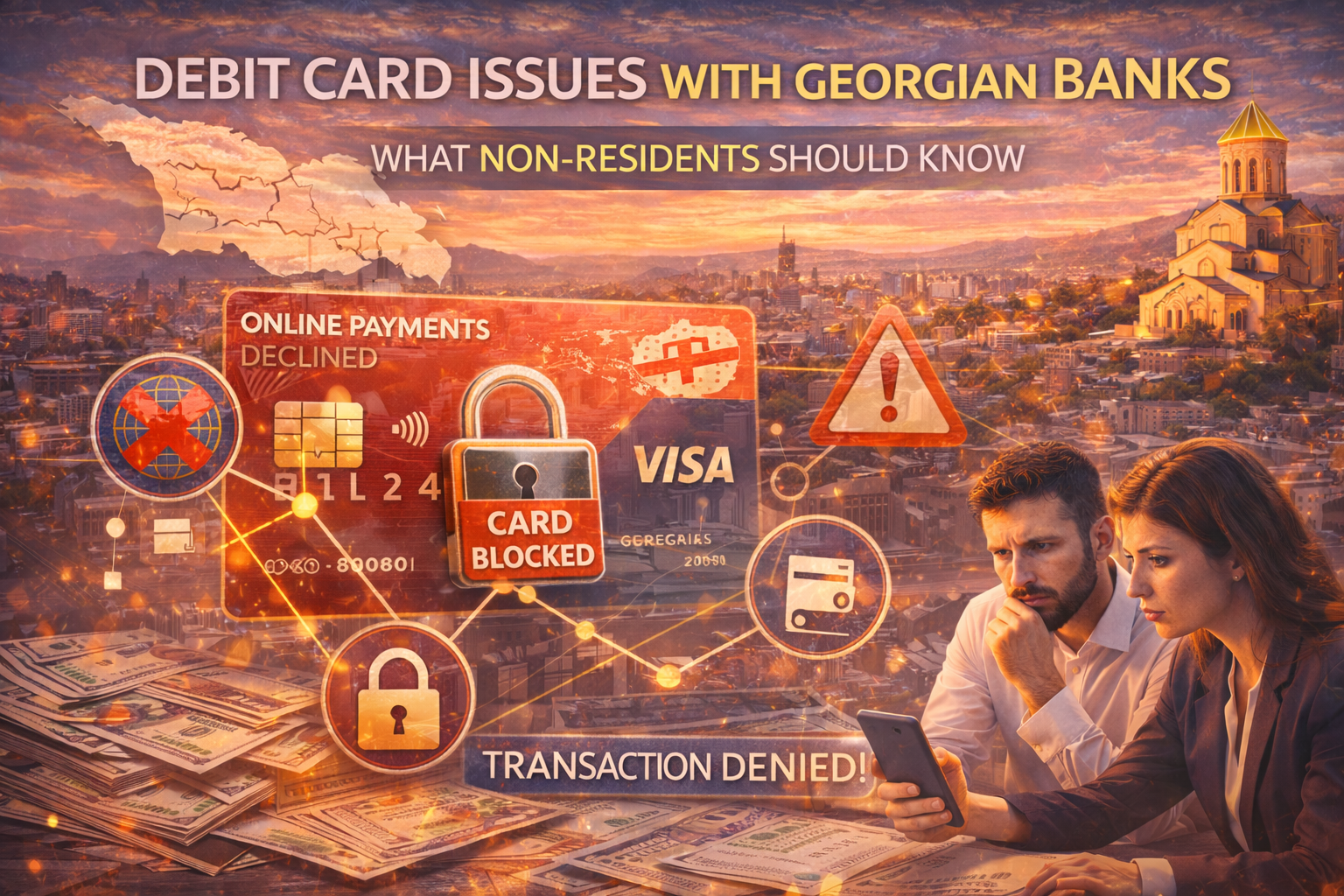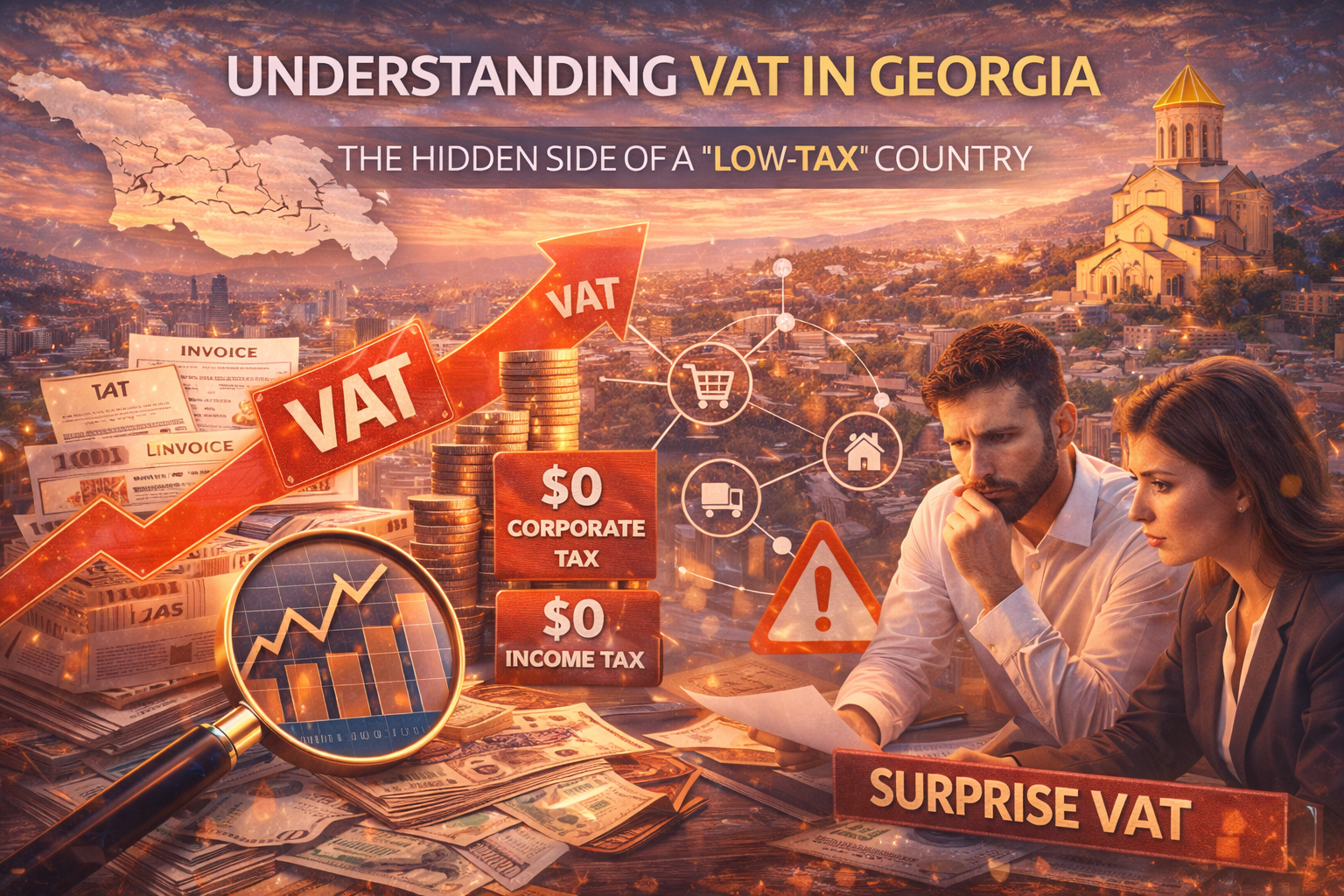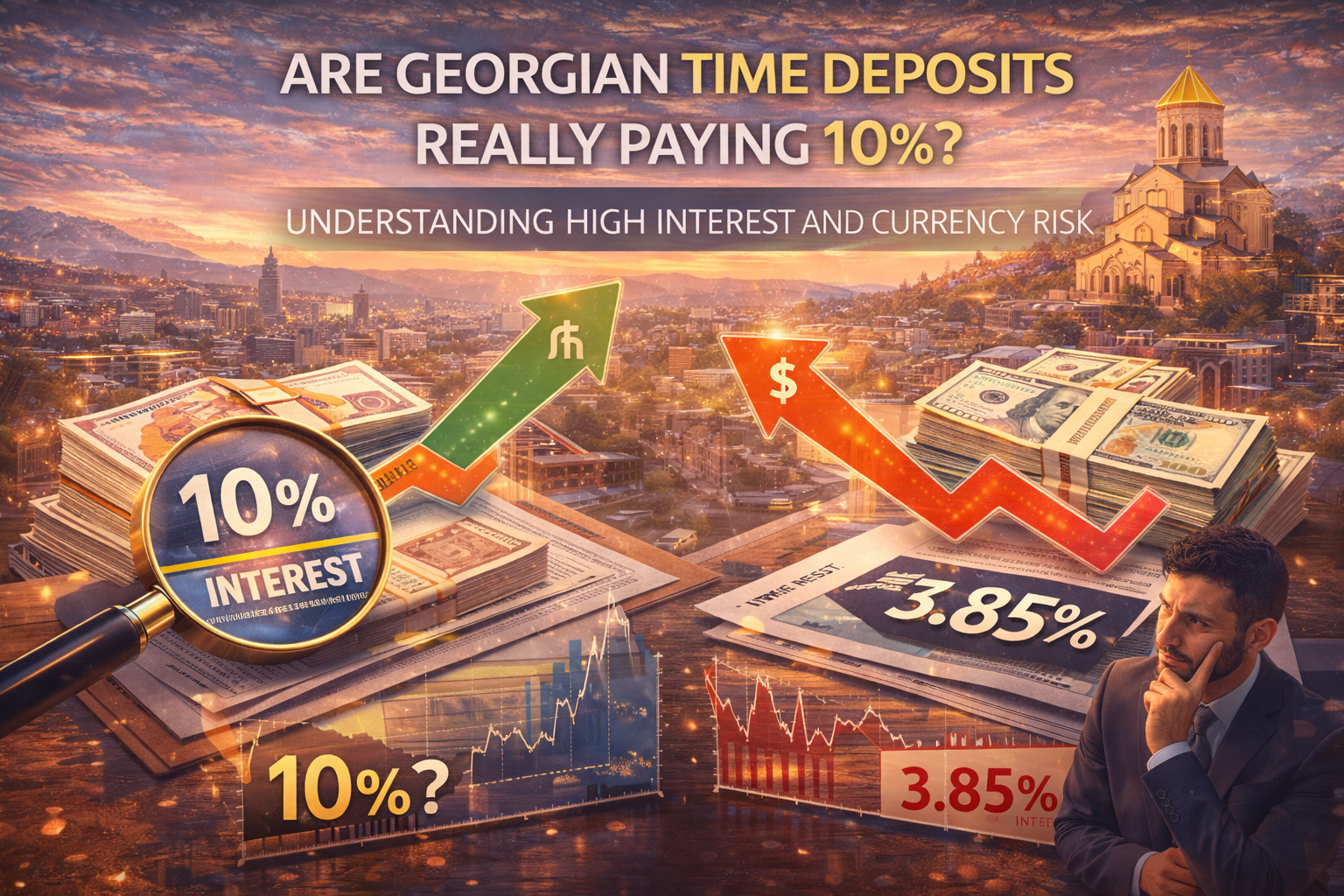We will send you information on new properties and the latest news.
Registration is free. Register if you are interested in overseas real estate.
 Egypt
Egypt
 Georgia
Georgia
 Georgia
Georgia
 Georgia
Georgia
 Georgia
Georgia
 Georgia
Georgia
Please feel free to contact us from the email form.